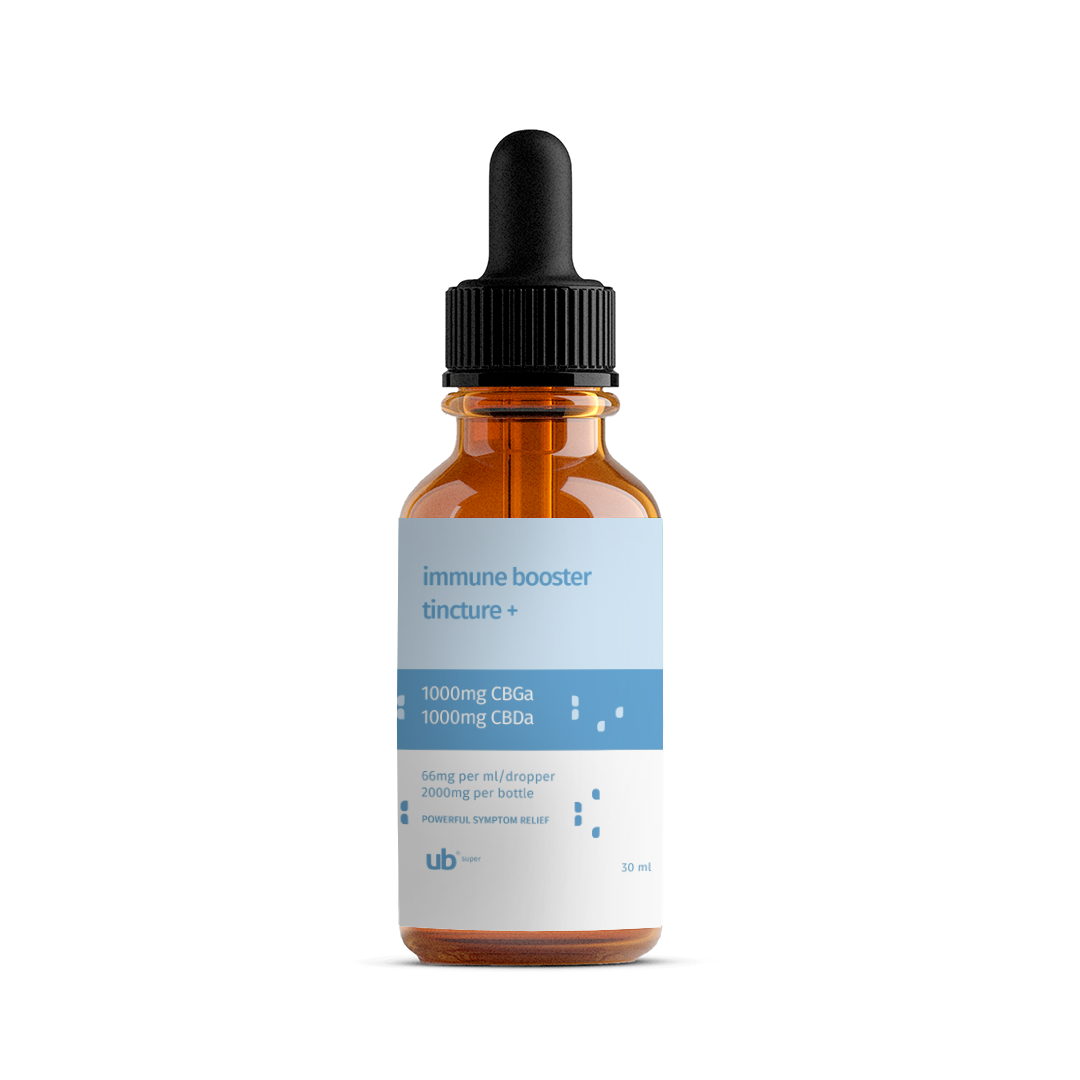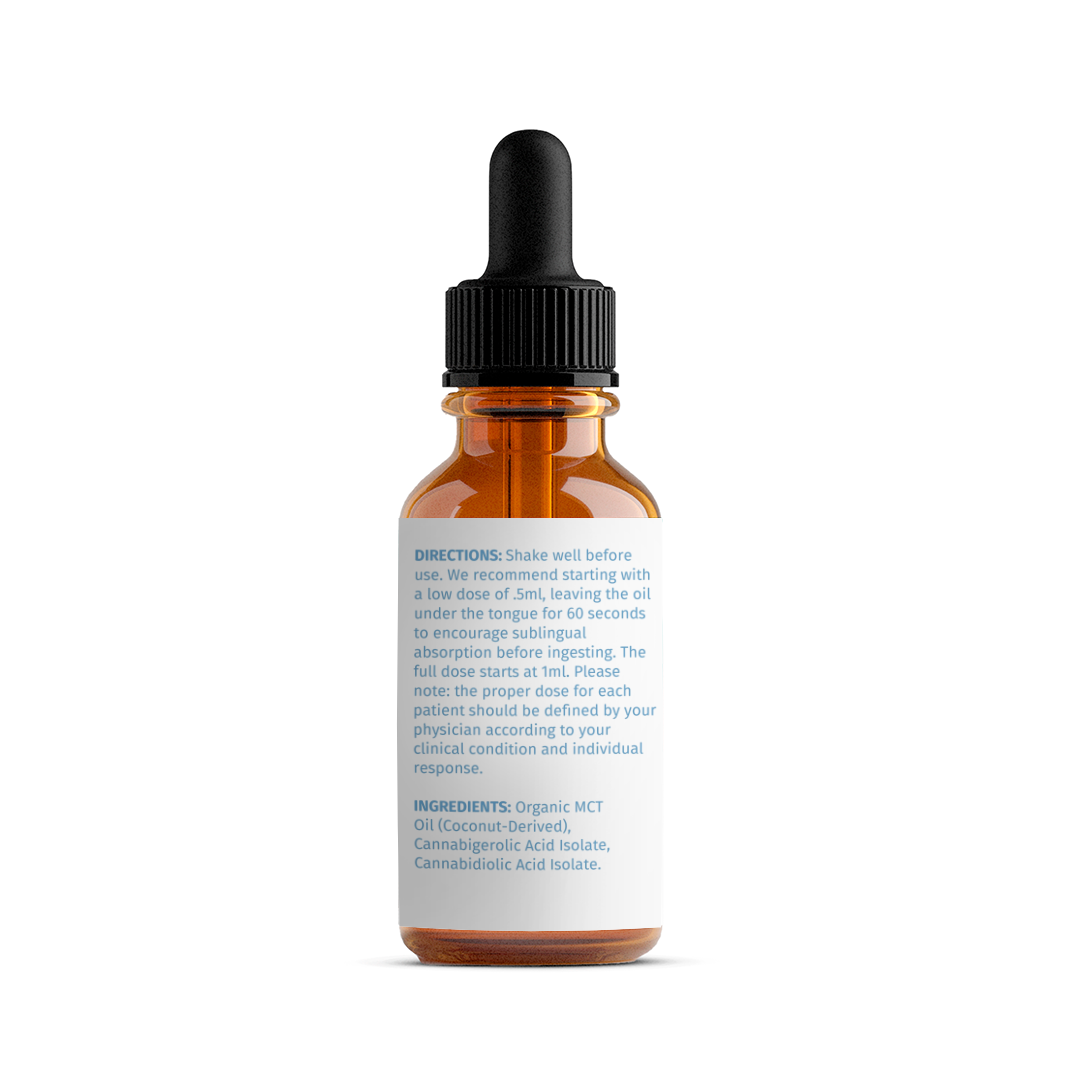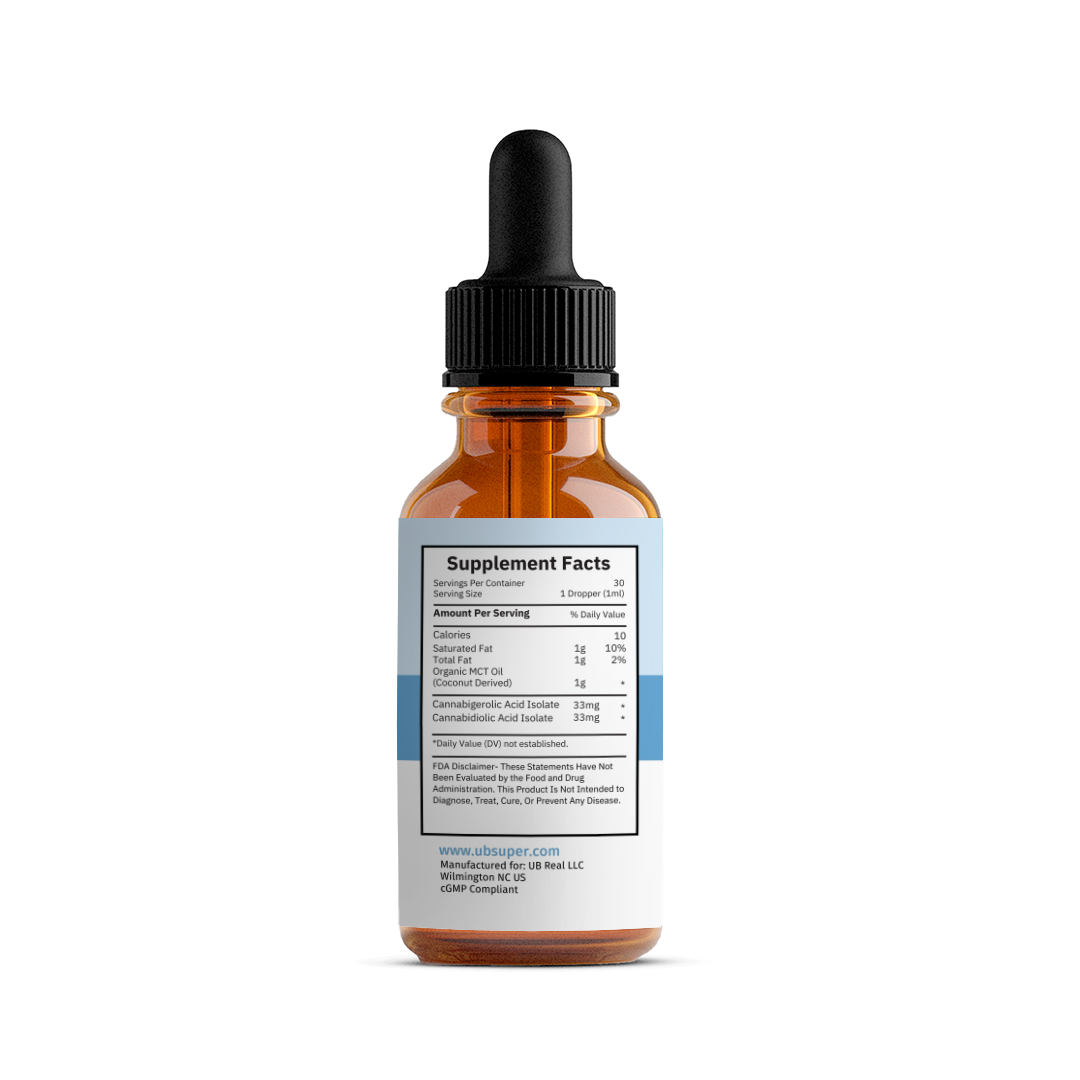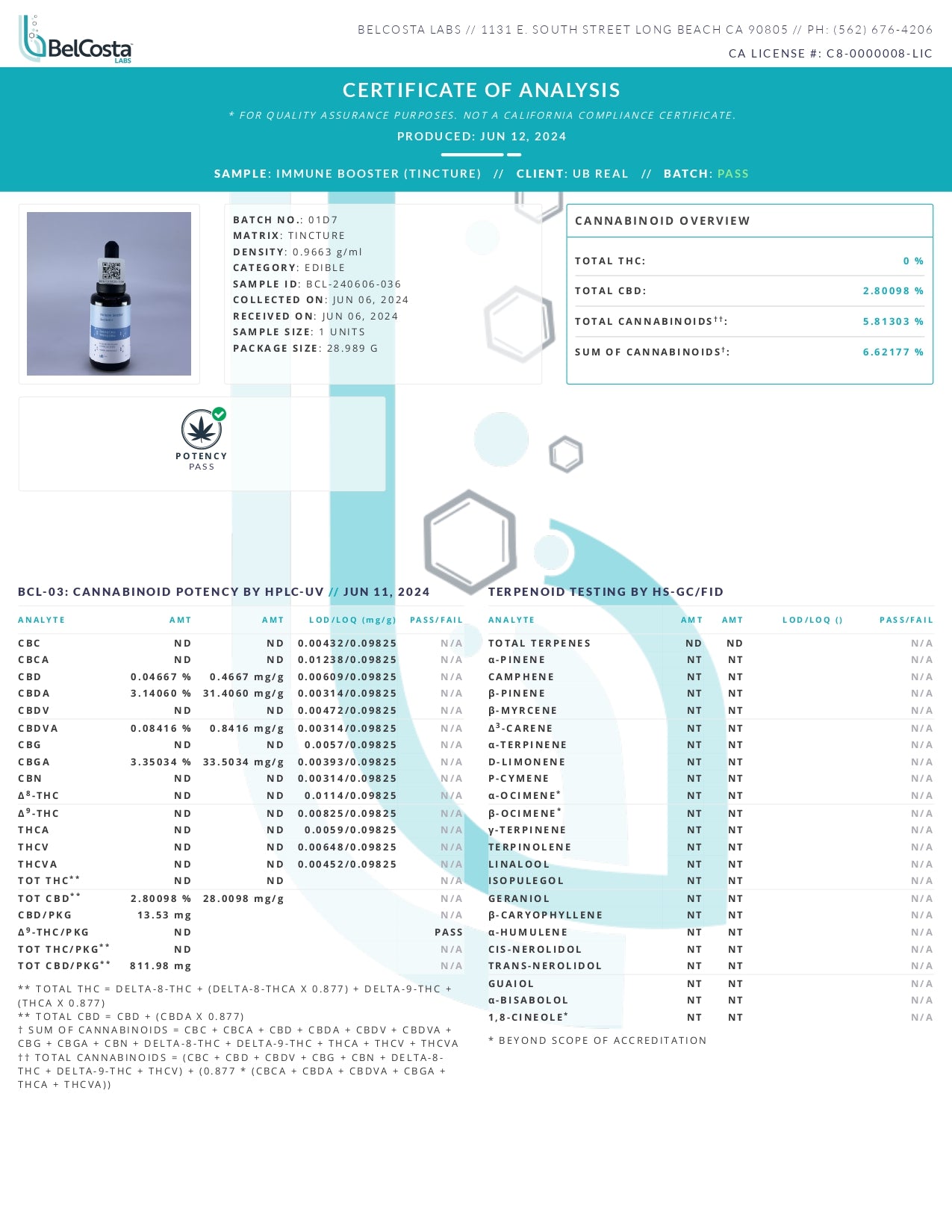UBSuper
Immune Booster Enhanced CBGa & CBDa Tincture Plus - 2000 MG
Cannabidiolic acid (CBDA) and Cannabigerolic Acid (CBGA) are the acidic precursors of Cannabidiol (CBD) and Cannabigerol (CBG), respectively. Both CBDA and CBGA are found in raw cannabis plants and have shown potential health benefits. Here are some of the known benefits of each:
CBDA (Cannabidiolic Acid)
- Anti-inflammatory Properties: CBDA has been shown to reduce inflammation by inhibiting COX-2 enzymes, which are involved in inflammatory processes.
- Anti-nausea Effects: CBDA may effectively reduce nausea and vomiting, potentially making it useful for patients undergoing chemotherapy.
- Anti-anxiety: Preliminary research suggests that CBDA may have anti-anxiety effects, possibly due to its interaction with serotonin receptors.
- Anti-cancer Potential: Some studies have indicated that CBDA might possess anti-tumor properties, particularly against breast cancer cells.
- Anticonvulsant: Similar to CBD, CBDA may have anticonvulsant properties that could benefit individuals with epilepsy.
CBGA (Cannabigerolic Acid)
- Anti-inflammatory: CBGA also exhibits anti-inflammatory properties, which could be beneficial in treating conditions like inflammatory bowel disease.
- Antibacterial: CBGA has demonstrated antibacterial effects, particularly against methicillin-resistant Staphylococcus aureus (MRSA), a type of bacteria resistant to many antibiotics.
- Anti-cancer: Some studies suggest that CBGA may have anti-cancer properties, including the ability to slow the growth of colon cancer cells.
- Metabolic Disorders: Research indicates that CBGA may help manage metabolic disorders like diabetes by influencing enzymes involved in metabolic processes.
- Neuroprotective: CBGA may offer neuroprotective benefits, potentially protecting nerve cells from damage and degeneration.
Immune Booster Tincture Plus combines two very important Cannabinoid acids from hemp (Cannabis sativa) being Cannabigerolic acid and Cannabidiolic acid. In a recent clinical study conducted by Oregon State University, both of these Cannabinoid acids in complement to vaccines, prevented infection of human epithelial cells by a pseudovirus expressing the SARS-CoV-2 spike protein and prevented entry of live SARS-CoV-2 into cells. This formula can be used as a booster in tandem to complement any of our UB Super formulas for added immunity.
Immune Booster Tincture Plus may support the following:
- Supports immune function and enhances protection against viral infections
- Supports the body's ability to modulate inflammation, aiding in the management of inflammatory conditions
- Supports the body's natural defense mechanisms against pathogens and infections
Shake well before use. Please 1/4 dropper underneath the tongue(sublingual) for 60 seconds before swallowing. Start with twice daily (am/pm) and titrate/adjust the dose to maximize benefits.
Organic MCT Oil (Coconut-derived, Cannabigerolic Acid Isolate, Cannabidiolic Acid Isolate
Free Shipping
Couldn't load pickup availability
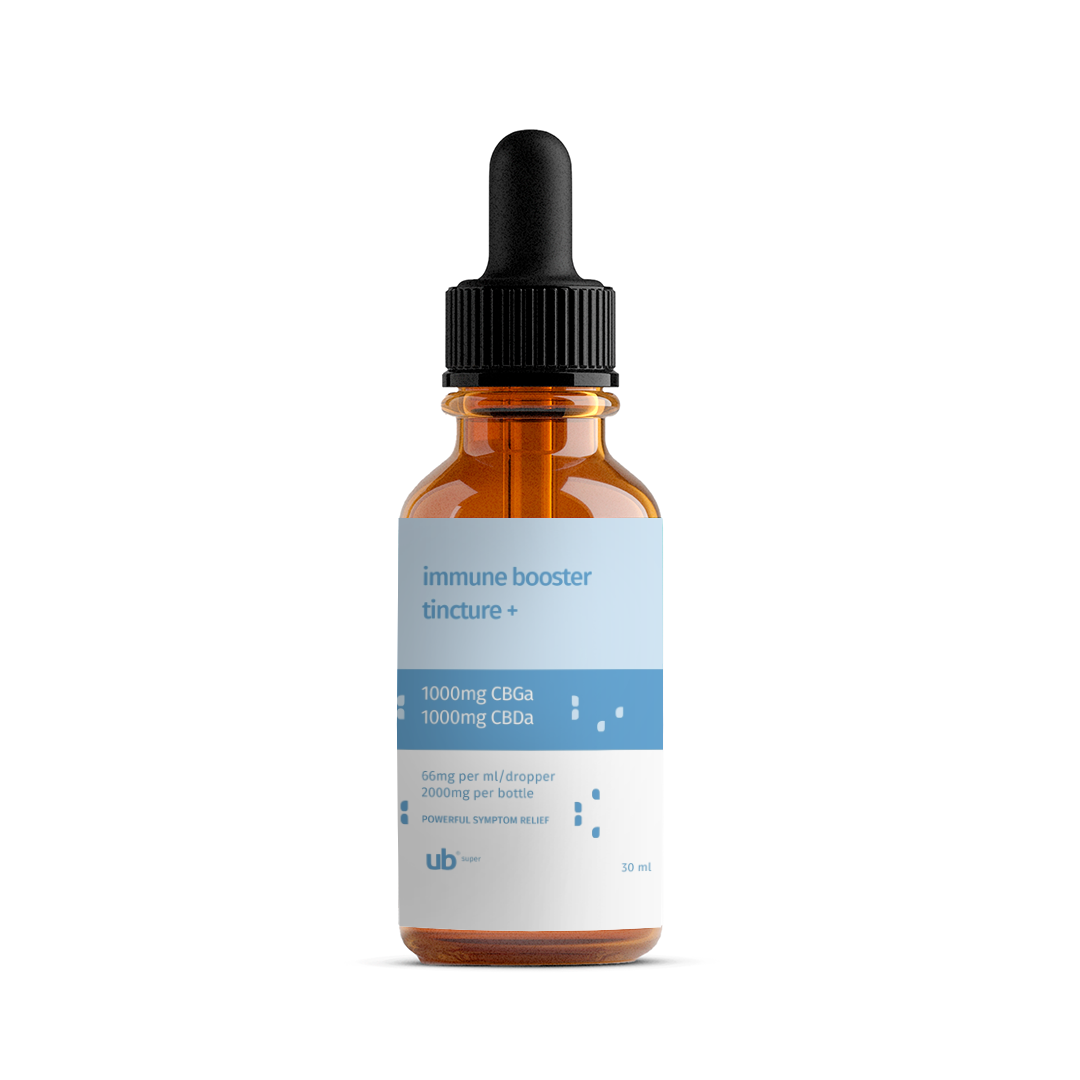
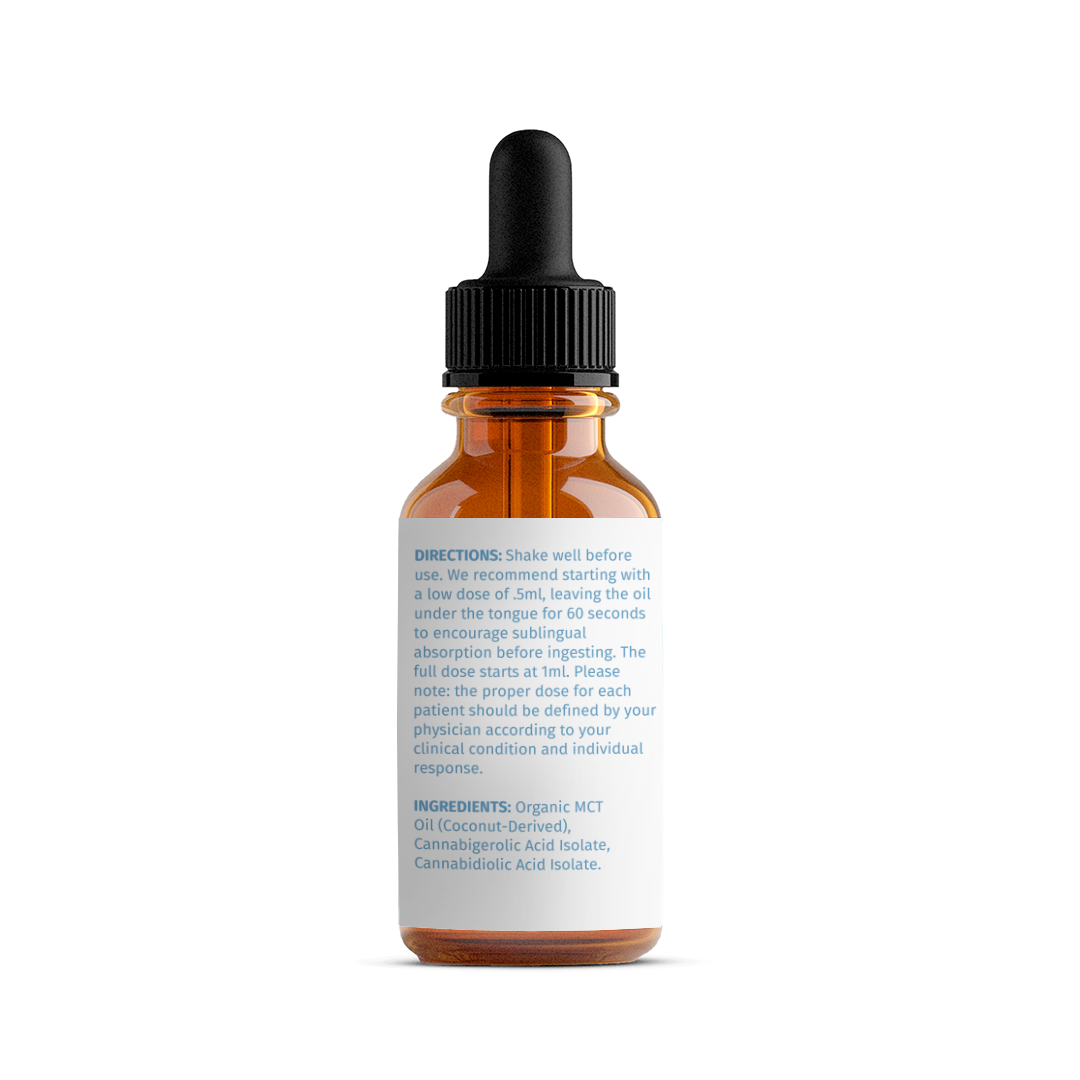
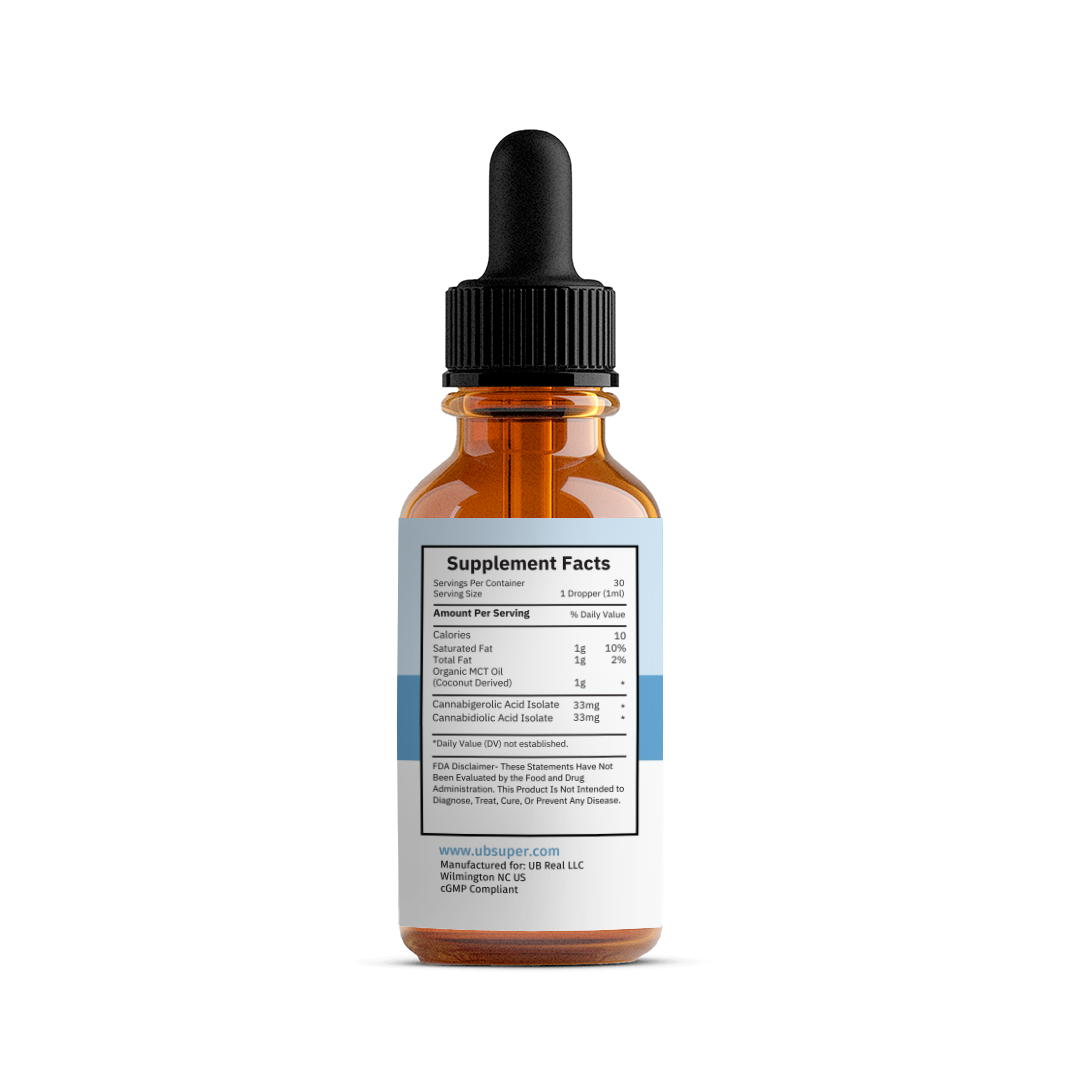
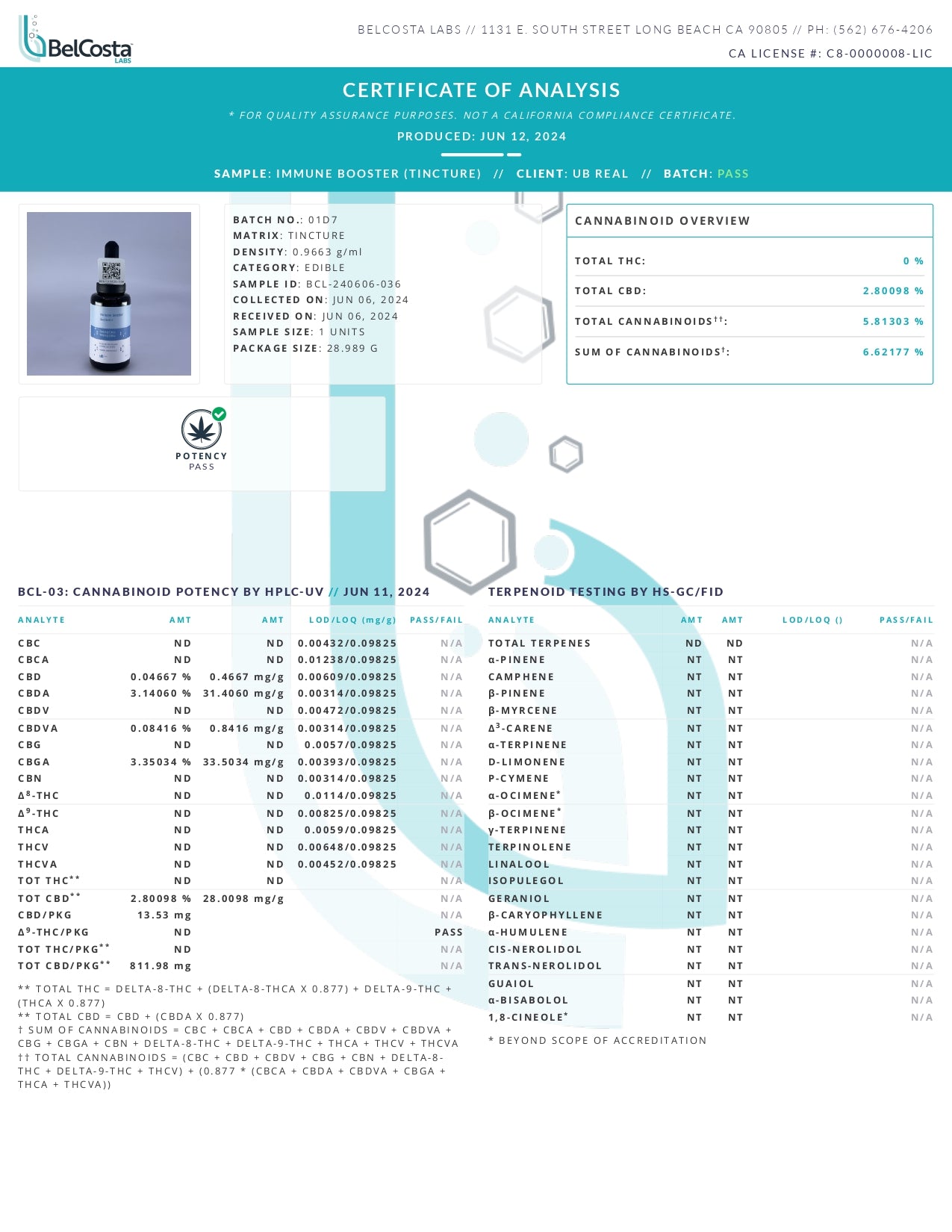

Made in USA
Keto Friendly
Non GMO
Soy Free
Sugar Free
Gluten Free
100% Vegan
Inside Immune Booster Enhanced CBGa & CBDa Tincture Plus - 2000 MG
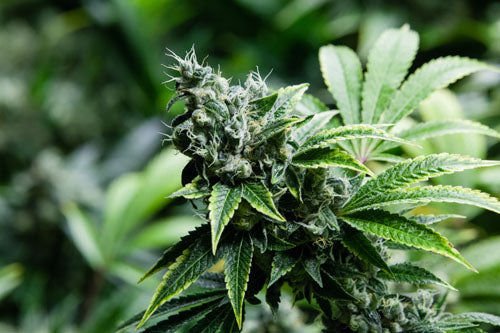
CBD
Cannabidiol is a chemical found in the Cannabis sativa plant. CBD doesn't contain tetrahydrocannabinol (THC), the psychoactive ingredient found in marijuana that produces a high. Many people across the globe use CBD for various ailments, including pain relief, sleep, and general wellness.
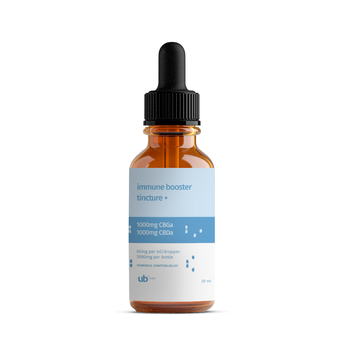
Shake well before use. Place 1/4 dropper underneath the tongue (sublingual) for 60 seconds before swallowing. Start with twice daily (am/pm) and titrate/adjust dose to maximize benefits
Start with twice daily (am/pm) and titrate/adjust the dose to maximize benefits.
Shake well before use. Place 1/4 dropper underneath the tongue (sublingual) for 60 seconds before swallowing
Enjoy
Immune Booster Enhanced CBGa & CBDa Tincture Plus
Our daughter came down sick and was found to be positive for COVID and is unvaccinated. Within the first 24 hours of her feeling ill, her fever spiked to 104. We use the full line of UB Super Tinctures for ourselves and decided to give her a dropper of the Immune Booster while we dug through the cabinet to find the children's ibuprofen (Didn't use it). With no other measures (no clothing changes, no cooling measures, no other fever reducers), her fever dropped from 104 to 99 within about 20 minutes, the time it took me to find the ibuprofen. Since her temperature dropped significantly, we decided to forgo the ibuprofen and instead gave her a full dropper of the booster and the Antioxidative Stress tincture throughout her illness. Within 36 hours, our little girl had beat Covid, was symptom-free and was back to herself. We use it daily as a preventative now and will never be without the tincture.
- Choosing a selection results in a full page refresh.

